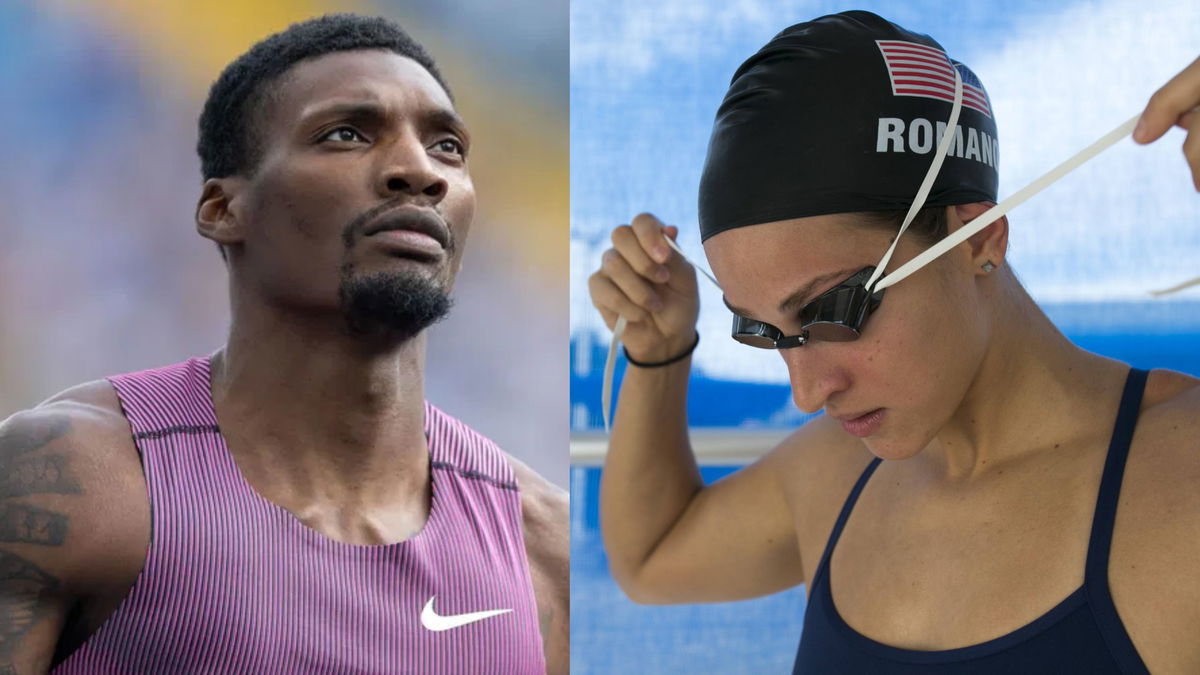
Imago
Credits: IMAGO

Imago
Credits: IMAGO
The newly launched Enhanced Games are still months away, but the firestorm of debate over them has only intensified. As a result, anti-doping authorities around the world are facing a big concern: how to combat the rise of something that’s anathema to traditional sports? The Enhanced Games permits athletes to take performance-enhancing substances (while offering up to a million dollars in prize money), attracting many big names like Fred Kerly and Ben Proud. It’s a precarious situation, one that the World Anti-Doping Agency and its signatory, USADA, are hoping to contain.
Watch What’s Trending Now!
Leading the charge against the Enhanced Games is the World Anti-Doping Agency’s (WADA) president, Witold Banka, who has condemned the project as “dangerous” and “irresponsible,” warning of the serious risks to both athlete welfare and sporting integrity it poses. With the likes of swimmers Kristian Gkolomeev and Megan Romano joining Kerly and co., there runs the possibility of normalization and encouraging more athletes to sign on. Since the Enhanced Games are taking place in Las Vegas, Banka is urging the United States’ anti-doping authorities to take a stronger stand.
According to Banka, the world’s anti-doping agencies need to be “very strong” in their opposition to the event, with USADA at the forefront. “We have to be very united,” he said. “We really want our colleagues from the US to do more to make sure that this event will not happen. There are some legal possibilities they can lobby for. Usada have made general comments, but maybe it’s time to try and convince the people who have financed this that it’s dangerous. That’s [Usada’s] role and responsibility because the event is going to take place in Las Vegas.”
ADVERTISEMENT
The president of WADA even criticized USADA, alleging the agency wasn’t doing enough to combat the use of PEDs.
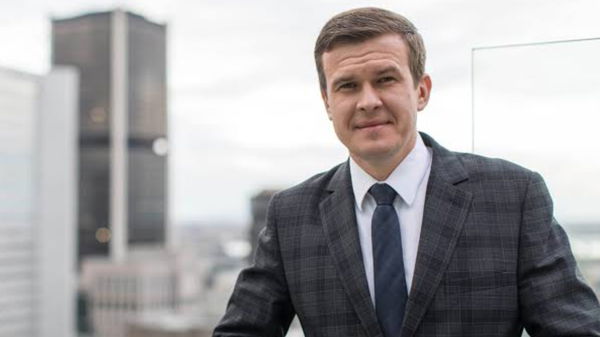
Imago
Witold Bańka (Image Credits: X/@Ma_WuKong)
More than that though, Banka was focused on halting the Enhanced Games’ momentum. “Sometimes we don’t know what to say about this ridiculous idea, because from the ethical point of view, from the moral point of view, how is it possible that people come to agree to compete, taking all these prohibited substances? It’s completely against everything that we are doing. It’s very dangerous.” Subtly referring to the sponsors and big investors involved in the event, Banka added, “I hope it will not happen, although there are quite important and rich people who are sponsors of this irresponsible event.”
ADVERTISEMENT
The Enhanced Games are set to begin in July 2026 in Nevada. And with strong funding from investors, the list, which even includes Donald Trump Jr., there’s a firm push to make it a success.
ADVERTISEMENT
The rift between WADA and USADA despite calls for unity
The Enhanced Games have already announced major financial incentives for competitors, prompting the likes of Kerley and Proud, who has clearly stated that financial motivations were a big factor in his decisions. Winners of an event are set to receive $250,000 and $1m for breaking a world record in the fastest and higher-profile events. That includes the 50-meter freestyle swimming event and the 100-meter sprint, two of the premier speed events in global sport, where the current record holders are Michael Phelps and Usain Bolt.
Top Stories
PGA Tour Pro Loses His Cool After Being Denied Entry Into WM Phoenix Open Field

NFL Makes Final Decision on ICE Enforcement at Super Bowl LX Amid Bad Bunny’s Grammy Speech
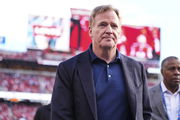
U.S. Senator Announces Bad News For NFL Fans After Donald Trump’s Ruling on ESPN’s Billion-Dollar Takeover
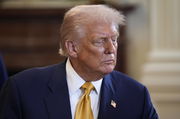
Cowboys’ Major QB Signing Confirmed Amid $31M Dak Prescott News
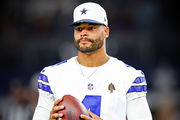
Todd Monken Announces Bad News for Shedeur Sanders Amid Browns QB’s Controversial Pro Bowl Decision
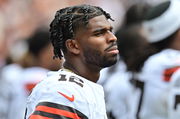
Patrick Cantlay & Scottie Scheffler Disapprove of Controversial Change Happening to PGA Tour Courses
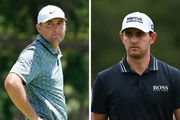
USADA head Travis Tygart has referred to the event as a “clown show,” though Witold Banka believes words aren’t enough to counteract the issue.
Adding to the tension is the fact that WADA and USADAare somewhat at odds. Tygart has criticizedWADA after the controversy surrounding 23 of China’s athletes playing in Tokyo Olympics despite testing positive for banned substances. Tygart took a direct dig at WADA, adding that they have “accepted China can play by its own set of rules”.
ADVERTISEMENT
Banka too had his own reservations, highlighting that the NCAA was not a signatory to the wWorld Anti-Doping Code.Nonetheless, these issues aside, Banka expressed his willingness to work with USADA to search for a resolution. He stated that he was “very keen” to work with USADA before adding that “it has to be based on mutual respect.”
However, the emergence of the Enhanced Games has given both bodies a common foe. But now it’s a question of how they can unite, as Banka said, to overcome the challenge. One thing is clear. What happens next could shape the future of clean sport.
ADVERTISEMENT
ADVERTISEMENT
ADVERTISEMENT